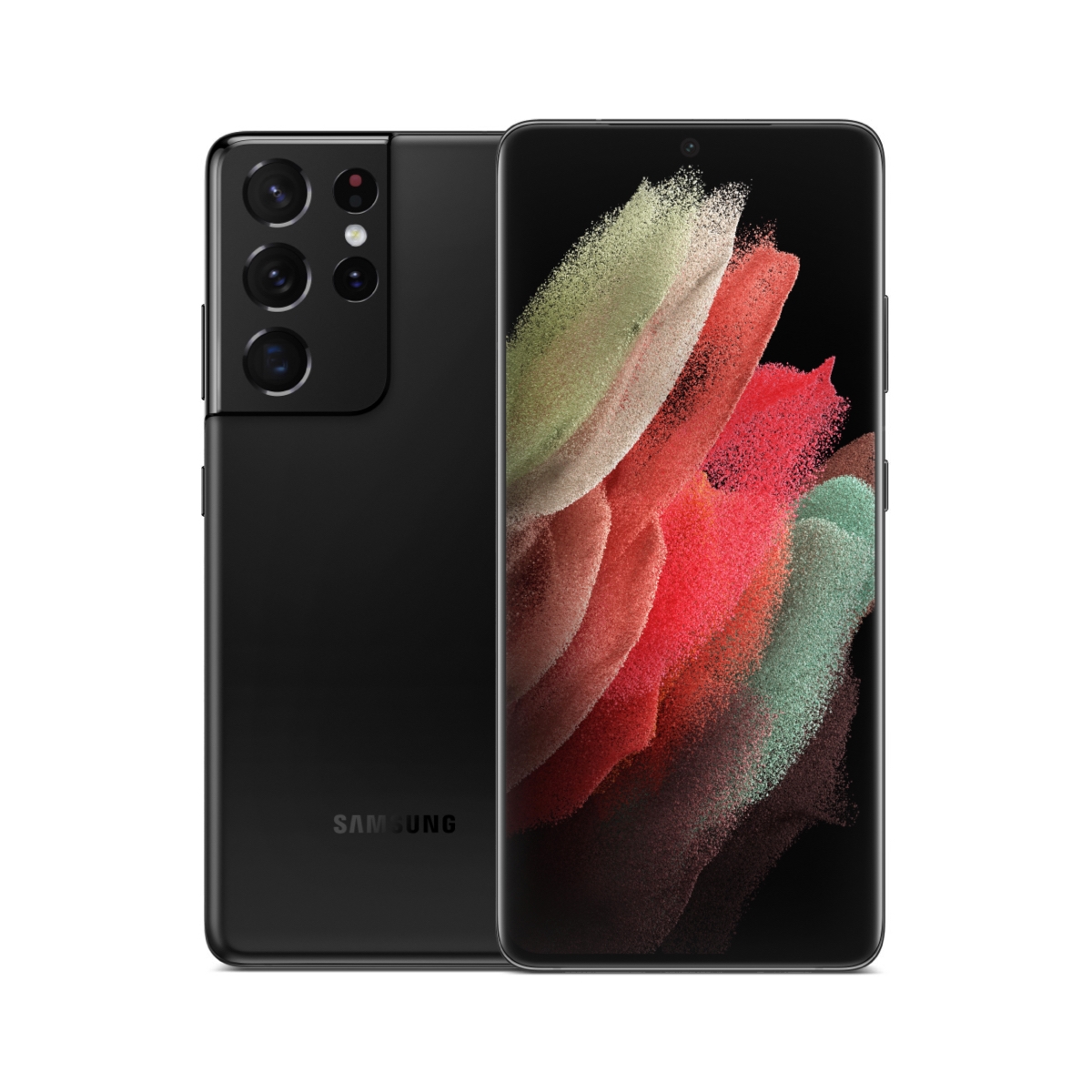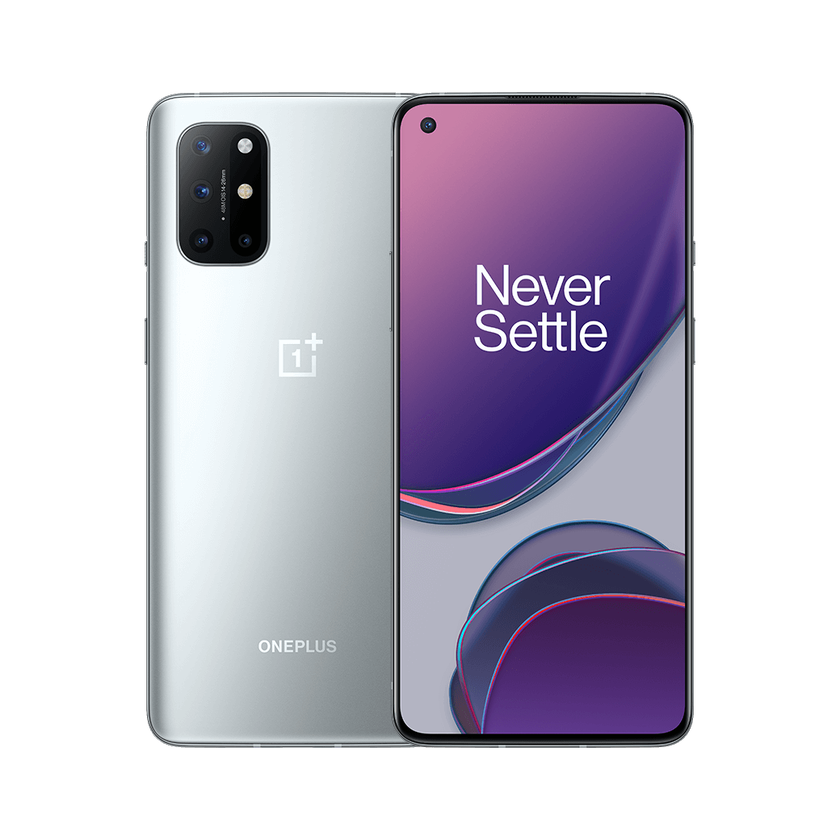Samsung Galaxy S20+ 5G 128GB in Cosmic Grey (Unlocked)(SM-G986UZAAXAA)
Supercharge your work with the next generation of Galaxy.
Getting work done on your smartphone should be easy. The Galaxy S20+ integrates seamlessly with Microsoft Office so you can get the job done, wherever you are. Experience hyperfast 5G connections to unlock revolutionary new ways of doing business.2 Secure your data with Knox. Do more with one super powerful device with DeX. And you can power through any day with the all-day battery.
- Microsoft OneDrive and Office apps natively integrated into the Galaxy S20+’s productivity experience
- 5G-capable so you can stream with virtually no lag and share and download large files in near real time
- Protected by the Knox defense-grade security platform that’s trusted by governments around the world
- Connect to a monitor, keyboard and mouse to power a complete desktop experience from your phone with DeX
Additional information
| Main Display Size | 6.7" |
|---|---|
| Internal Memory | 128GB Storage, 12GB RAM |
| Battery Type and Size | 4,500 mAh |






Reviews
There are no reviews yet.